People have inhabited the land of Morocco as back as 300,000 years ago, making Morocco home to the oldest traces of humanity. Moroccan history is very eventful and diverse, and the Moroccan territory has been a hosting place for different civilizations. Thanks to its strategic spot at the edge of Africa, this North African country is one of the main gateways to Europe and the West. Moroccan history is full of rises and falls of empires and dynasties. And it’s full of wars and prosperity. From pre-history, and early history to the Islamic conquests, the European colonization, and modernity, the history of Morocco is as rich as it can be. To understand it better, we will divide it into 5 stages. Here are the 5 stages of Moroccan history in a nutshell.
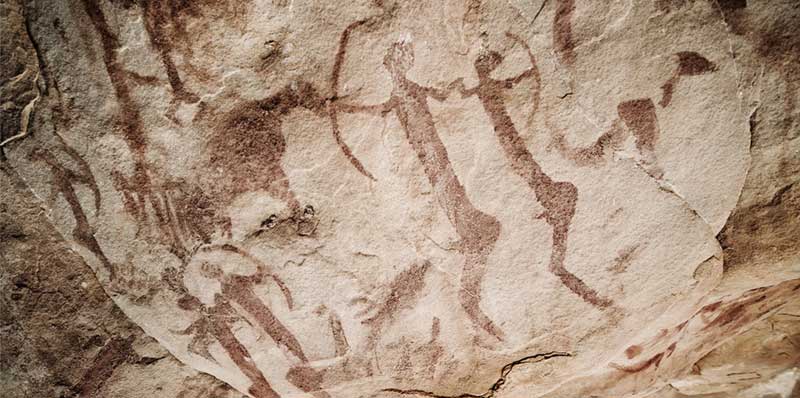
Stage 1: Pre-history
Archeological findings suggest that the land of Morocco is perhaps where humans have evolved. Many fossilized bones of the early human species are found in Morocco. These bones of our ancestors date back to 400,000 years ago. And the oldest trace of our species, Homo sapiens, were also discovered in Morocco these findings return to 300,000 years ago.
Other archeological findings are more recent than that, which date back 82,000. The latter findings are the oldest discoveries of personal adornment in history.
Hunter-gatherer societies have existed in Morocco ever since humans evolved. The region of Morocco is also among the pioneering places where agricultural societies flourished. The evidence suggests that people used to domesticate cattle 5,000 years ago.
Unfortunately, not a lot can be said about this stage because it’s old, and little has been recorded during those times. But the next sections are very eventful, even though we will only cover them in a nutshell.
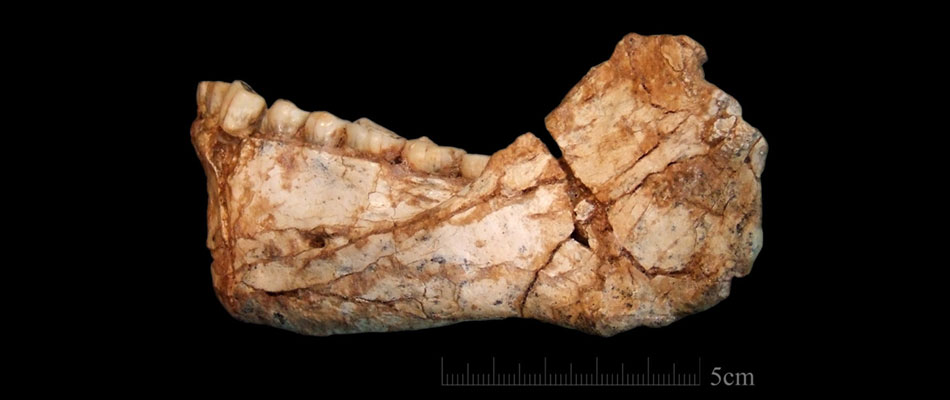
Stage 2: Early history
The earliest written history returns to the Phoenicians who came to Morocco in 1,000 BCE. The Phoenician civilization came from what is now known as Lebanon. They sailed across the Mediterranean Sea as part of their trading. They founded their great city of Carthage in what is now Tunisia. The Phoenicians settled on the coasts of Morocco, most notably in Tangier and Essaouira.
By the year 400 BC, the Berbers have already established their kingdom of Mauritania. The word Berber is derived from a Greek word that means ‘not our people’. There aren’t much data about the Berbers before the Romans settled in Morocco.
In 146 BC, the Roman Empire took control over North Africa after they conquered the Phoenicians. After one century, they seized the Kingdom of Mauritania, and Morocco has become a Roman state. It stayed this way until the 5th century AD. The Romans settled in many places all over Morocco, namely the old city Volubilis near Fez city. Nowadays, Volubilis is an archeological site and a famous tourist attraction.

Stage 3: Islamic civilization
The Islamic conquests reached Morocco in 681 AD. By 711AD, they took over Morocco, and they invaded Spain to soon conquer most of it to be known as Andalucía. The Idrissid Dynasty was the first ruling family; they were descendants of the Prophet Mohammed’s grandson. Fez was their capital city.
Throughout the next centuries, Morocco has been ruled by different kingdoms that fought each other for the throne.
In the 11th century, The Almoravid Dynasty, who were Berbers, took over Morocco and ruled the kingdom from Marrakech.
After that, in the 12th century, Almohads conquered Morocco. They were very strong and Morocco flourished during this era. However, they lost control over the country in the 13th century along with Andalucía.
The Merinids rose to power after they overthrew the Almohads, only to lose the throne to the Wattasids, another Berber dynasty by the 15th century.
The Arabs took over after that in the 16th century with the Saadian Dynasty, which was very strong thanks to its Sultan Ahmed El-Mansour, the Golden One. His death brought the decline of this dynasty.
The last dynasty took over Morocco starting from 1666. It’s the Alaouite Dynasty. This is the dynasty that is still ruling now. The 17th century Moulay Ismail is one of its notorious kings. He founded the city Meknes, which was a center of power during that era.
Morocco remained an independent kingdom until the early 20th century, which brings us to the 4th stage of Moroccan history.
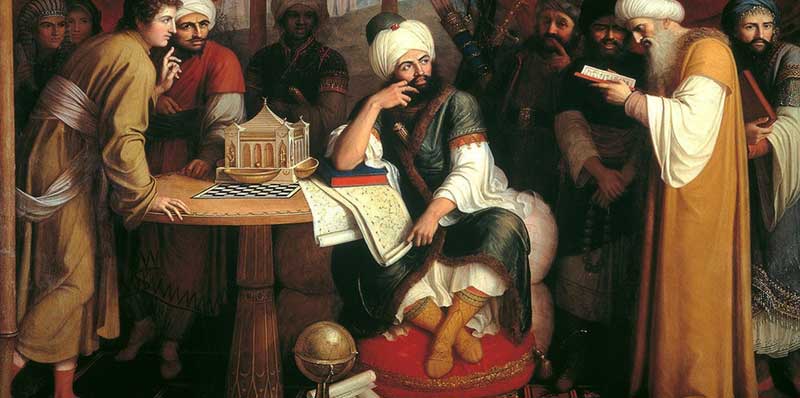
Book Your Morocco Tour
Book your Morocco trip with FriendlyMorocco expert team. We have wide selections of tours to choose from. The tours we provide are are well-organized to suit every passenger’s needs. It is also possible to customize your tours. Feel free to contact us to get a quote or for more info!
Stage 4: European colonization
We all know about the greed of Europe in the late 19th century and early 20th century when France, Spain, Britain, and Germany tried to colonize everything.
Morocco was a country of interest to them. France and Spain occupied Morocco. There were many crises during that era. Morocco signed a protectorate with France in 1912 AD forcibly.
However, it regained its independence in 1956 AD after WWII. King Mohammed V and the nationalists were the driving force behind the movement. They also received help from Roosevelt.
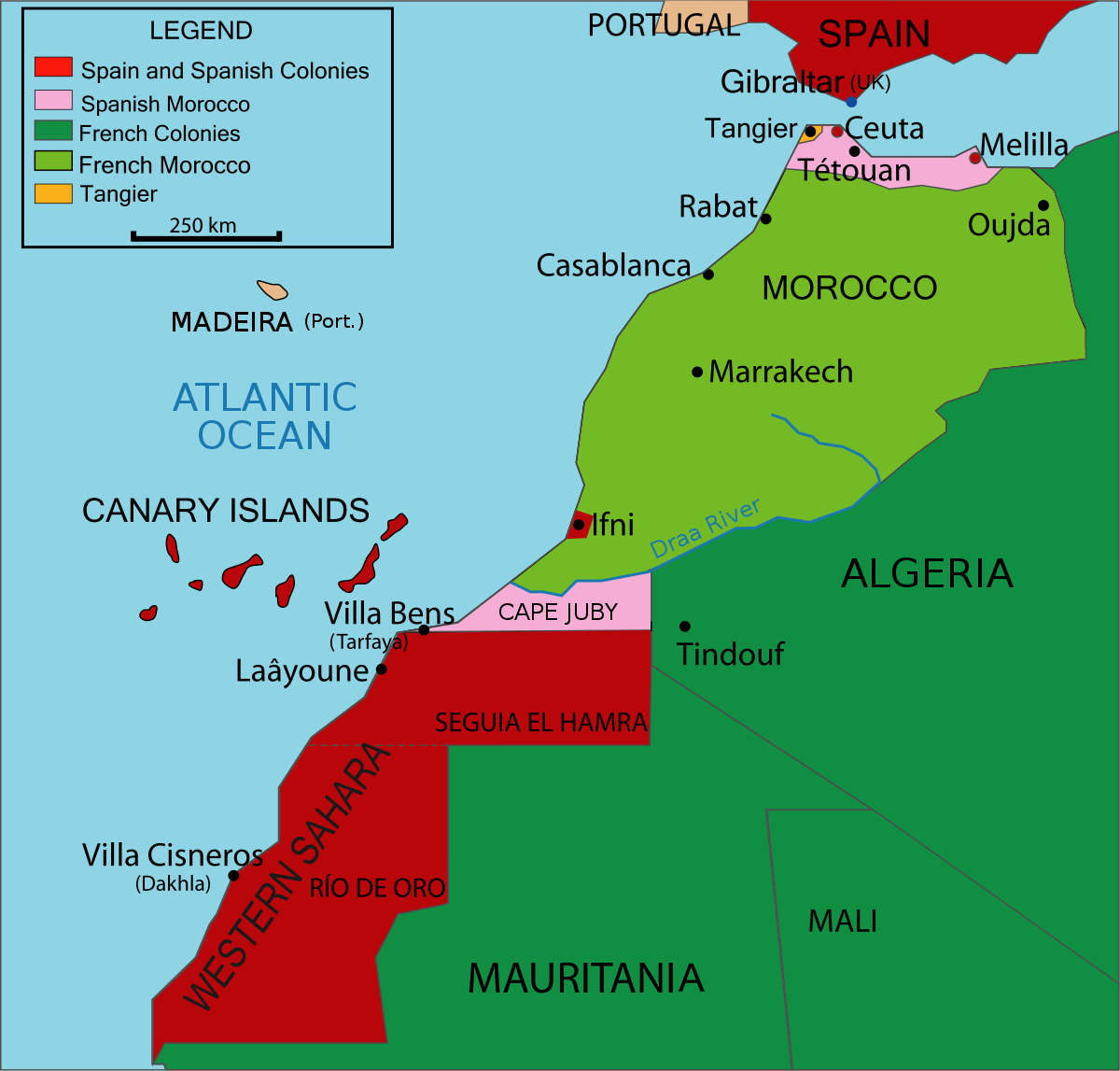
Stage 5: independence, Years of Lead, and contemporary Morocco
After independence in 1961, King Mohammed V died and his son Hassan II took the throne. The period of the reign of Hassan II is known as the Years of Lead (Also the Years of the Iron Fist). This period was a dark spot in Moroccan history. The reign of Hassan II was fierce. Any sign of disobedience with the state was punished very cruelly in the Years of Lead. During these times, the king survived 2 coup attempts. Also, there were many riots and Casablanca and the North.
After he died in 1999, Hassan’s son Mohammed VI took the throne. Ever since then, Morocco has become a very fast developing country with a liberal agenda. Mohammed VI is still the current king.
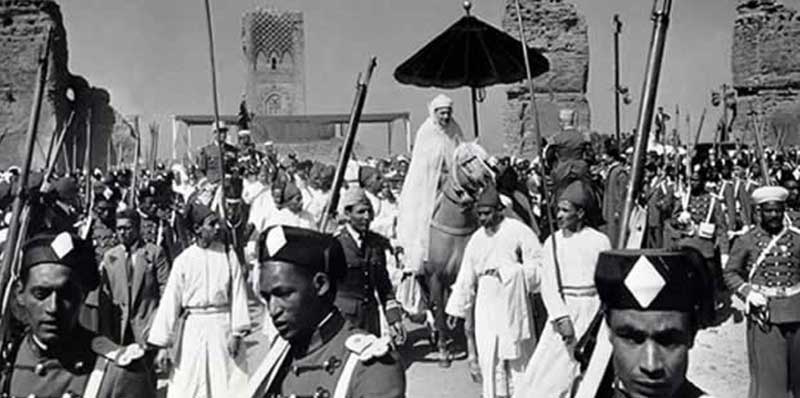
With that, we will end our historical overview. If you’re interested in more details about historical places that you can visit in Morocco, please feel free to contact us.
Are you planning a trip to Morocco soon? Check out our Morocco Tour Packages below and let us know which one best meet your demands! However, if you would like to create your own itinerary based on your preferences and interests, feel free to contact us and we’ll gladly help you get the best trip itinerary tailored to your requests.
- 9 days tour from Casablanca to Marrakech
- 7 days tour from Casablanca to Marrakech
- 8 days tour from Casablanca to the imperial city
- 15 days tour from Casablanca to Marrakech
- 10 days tour of Morocco from Tangier
- 8 days Morocco Tour from Tangier
- 6 days tour from Tangier to Marrakech
- 3 days desert tour from Fes to Marrakech
- 10 days Morocco itinerary from Fes

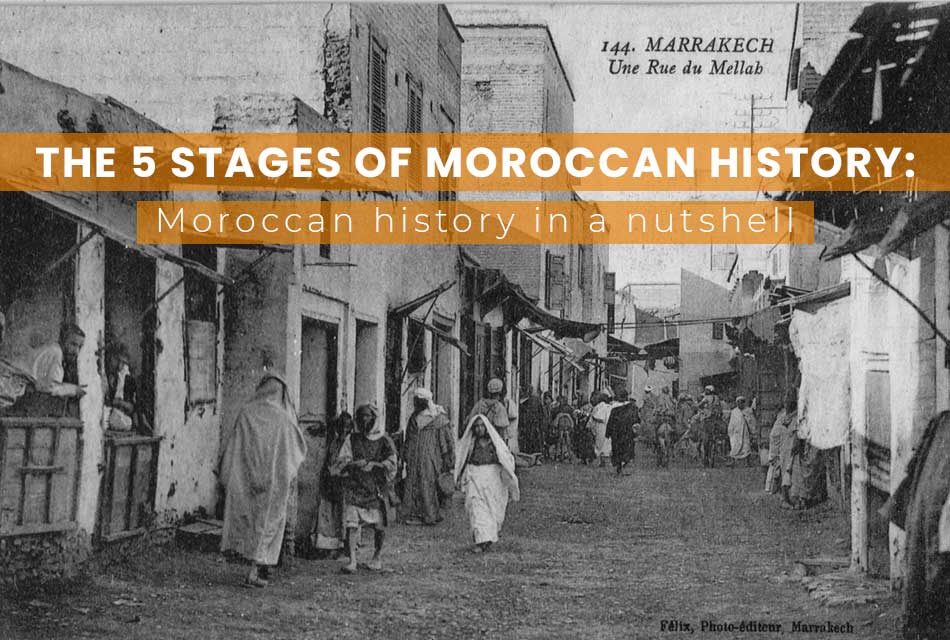
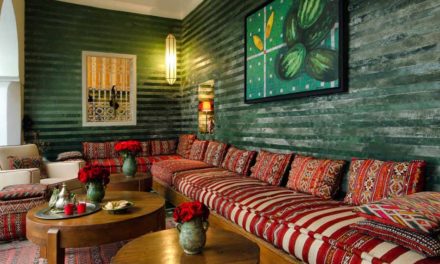
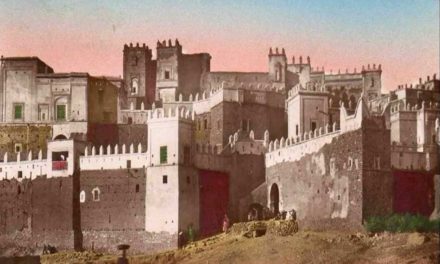
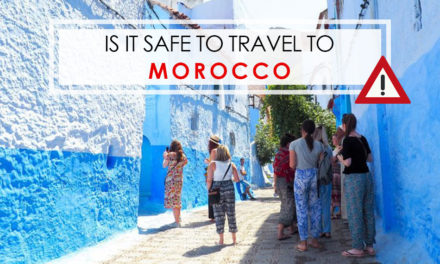
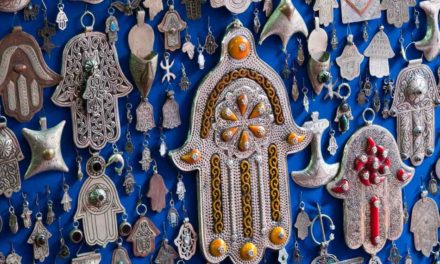

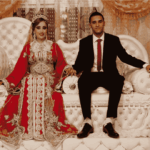
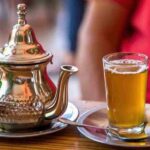


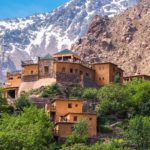
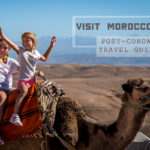
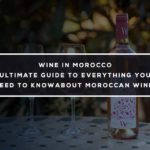
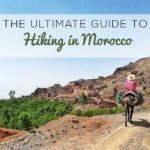
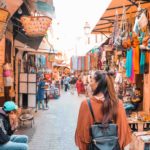
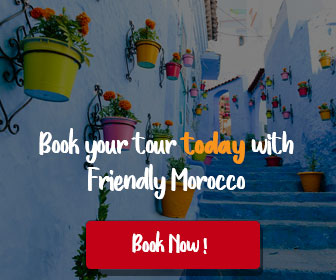
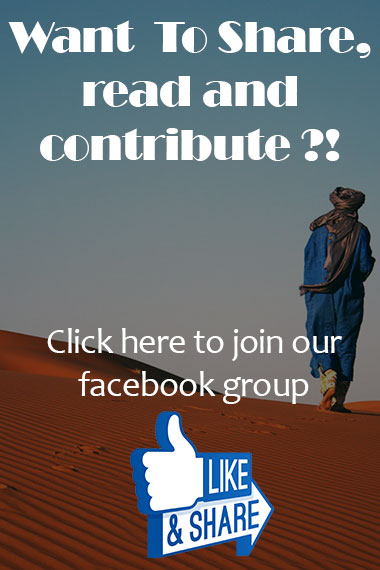
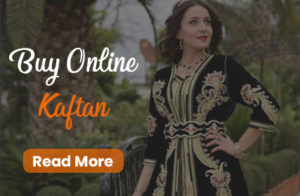
Recent Comments